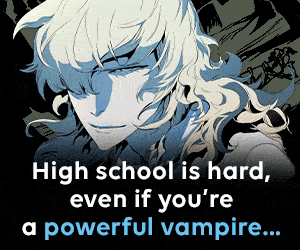We Happy Few is largely about Joy, a drug that makes the retro-futuristic 1950s English populace so blissed out that they forget an undisclosed traumatic event. The world seems perfectly fine, bright and colorful, until you aren’t taking your medicine- rotten food, decrepit infrastructure, essentially all horrible things are masked with Joy. Those who don’t take it are labeled “Downers” and either forcefully injected or chased out of society; those who can’t even properly ingest Joy are run out and branded “Wastrels.” Throughout the wasteland environments, happy post-war propaganda posters scrawled over with “LIARS” in red, stones carved up, “Why did we believe them?” When protagonist Arthur roams the wastelands, he posits on the nature of his happiness before he began to abstain from Joy. “If I’m happy on drugs, am I really happy? Is there such thing as false happiness? What I’m saying is, is there a true self?” I believe the phrase he was looking for was, “Ignorance is bliss.”
Is it better to be happy and ignorant or informed and horrified? Is truth really worth it if it causes you pain? These are questions We Happy Few plays with and invokes. It’s fascinating, but I’ve come to believe truth is vital, even when it’s painful.
My only concern with media like this, wherein medication is heavily relied upon, especially by people who are then unable to recognize how bad their situation is, how their medication doesn’t require them to change their lives to be happy- it’s a bit dicey. I’ve been on and off meds for most of my life, but I was still taught that my state of living only improves when I put work into it. To me, that is what something like We Happy Few wants to impress upon you. The people in this game live in ruin and disease, either being strung out on Joy or depressed and plagued by tragic memories to the point of instability and violence. So a method of coping is desperately needed in this world, but all government resources were diverted into propaganda and repressing all harsh truths; Arthur, the first playable character, had a job as a redactor, and the game opens with choices to approve or censor newspaper archives.
The lesson is one that anyone taking medication or, more appropriately for current events, those who repress/ignore the truth must learn: As hard as it is to deal with tragedy, cruelty, and mistakes, to forget them entirely won’t improve anything. We have to cope in moderation, in a healthy manner. Forget too much and you lose your sense of self, become closed off from people in varying degrees, never to truly improve. Face adversity and the harsh reality without healthy coping mechanisms (and sometimes small chemical adjustments,) the trauma and anxiety can be just as immobilizing. The discord in We Happy Few comes from a lack of balance between unmitigated coping methodology and traumatizing reality, balance is how things begin to improve and rebuild, stability allows for discussion and plans for how to proceed.
How the inhabitants of We Happy Few and our reality will find balance remains to be seen.
We Happy Few is now available for PlayStation 4, Xbox One, Microsoft Windows, Linux, and Macintosh operating systems.











Comments are closed.